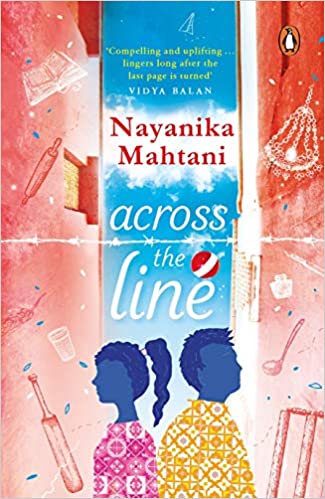What is a solitary, hastily drawn line capable of? Could this line impact millions of lives, and, ultimately, generations to come?
Nayanika Mahtani’s Across The Line dwells on such a topic, and is inarguably my best fortuitous read in a long time. A tour-de-force in its own right, Across The Line is a poignant tale of a Hindu family in the days following the Partition, and how fate ordained an unprecedented turn of events in their lives over sixty years later.
Toshi and Tarlok are siblings living in Rawalpindi, India in 1947. Born in a Hindu household, the family resides harmoniously with its neighbours; games of ‘Pitthoo’ (seven stones) and Gully Cricket are what enliven their days. Inseparable as siblings, their lives take a cataclysmic turn days after the contentious border is finalized (with considerable apathy from the Imperial Government). Rawalpindi was no longer a part of India.
The streets of their tranquil town are suffused by an enraged, blood-thirsty mob as they utter ominous war-cries and menacingly approach all Hindu households in the vicinity. Alarmed, the siblings’ parents arrange to flee the town to escape the deranged crowd, but are tragically separated in the process. The events of that fateful day will have everlasting consequences, not just for Toshi and Tarlok, but for legions of others on either side of the border…

